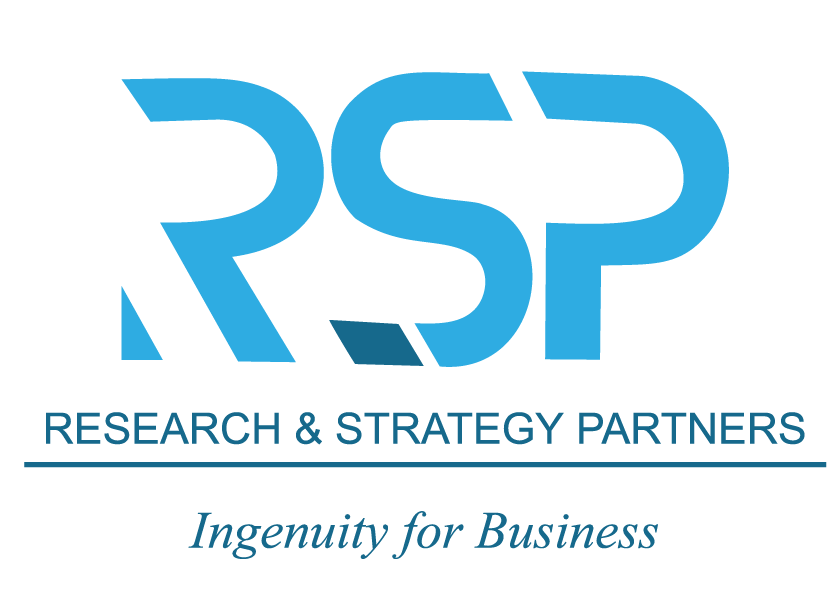Corporate culture is more than just a buzzword; it is the backbone of any successful organization. Defined as the shared values, beliefs, and practices that shape how a company operates, corporate culture influences every aspect of a business, from employee engagement and productivity to customer satisfaction and profitability. In today’s competitive marketplace, building a strong and positive corporate culture has become essential for long-term success.
What is Corporate Culture?
Corporate culture encompasses the attitudes, behaviors, and standards that define how employees and management interact within a company. It reflects the company’s mission, vision, and values, shaping the work environment and influencing how decisions are made. A healthy corporate culture fosters collaboration, innovation, and a sense of purpose among employees, creating a foundation for sustainable growth.
Why Corporate Culture Matters
- Employee Engagement and Retention: Employees are more likely to remain loyal to companies that prioritize a positive work culture. When employees feel valued and aligned with the organization’s values, they are more engaged and motivated to contribute their best efforts.
- Attracting Top Talent: A strong corporate culture acts as a magnet for high-caliber talent. Job seekers often prioritize companies with a reputation for fostering inclusivity, collaboration, and professional growth.
- Boosting Productivity: A supportive and collaborative work environment empowers employees to perform at their peak. Clear communication, mutual respect, and recognition of achievements contribute to increased productivity.
- Customer Satisfaction: Happy employees lead to happy customers. A positive corporate culture translates into better customer service, stronger relationships, and higher levels of customer loyalty.
- Driving Innovation: Companies with open and inclusive cultures encourage employees to share ideas and take risks, fostering innovation and staying ahead in a competitive market.
Building a Strong Corporate Culture
- Define Core Values: Establish clear values that align with the company’s mission and vision. These values should guide decision-making and behavior across all levels of the organization.
- Lead by Example: Leadership plays a crucial role in shaping corporate culture. Leaders who embody the company’s values inspire employees to do the same.
- Prioritize Communication: Open and transparent communication fosters trust and collaboration. Regular feedback and updates ensure that everyone is aligned with organizational goals.
- Encourage Diversity and Inclusion: A diverse workforce brings a variety of perspectives, enriching the company’s culture and driving creativity and innovation.
- Invest in Employee Development: Providing opportunities for professional growth, training, and skill development demonstrates a commitment to employees’ success and well-being.
The Future of Corporate Culture
As the workplace evolves, so does corporate culture. Remote work, technological advancements, and shifting employee expectations are reshaping how companies define and maintain their cultures. Organizations that adapt to these changes while staying true to their core values will thrive in the ever-changing business landscape.
Conclusion
Corporate culture is a powerful driver of business success. By fostering an environment that values employees, promotes collaboration, and aligns with the company’s mission, organizations can build a culture that attracts talent, drives innovation, and ensures long-term growth. In the end, a strong corporate culture is not just a competitive advantage—it’s the foundation of a successful and sustainable business.


Leave a Reply